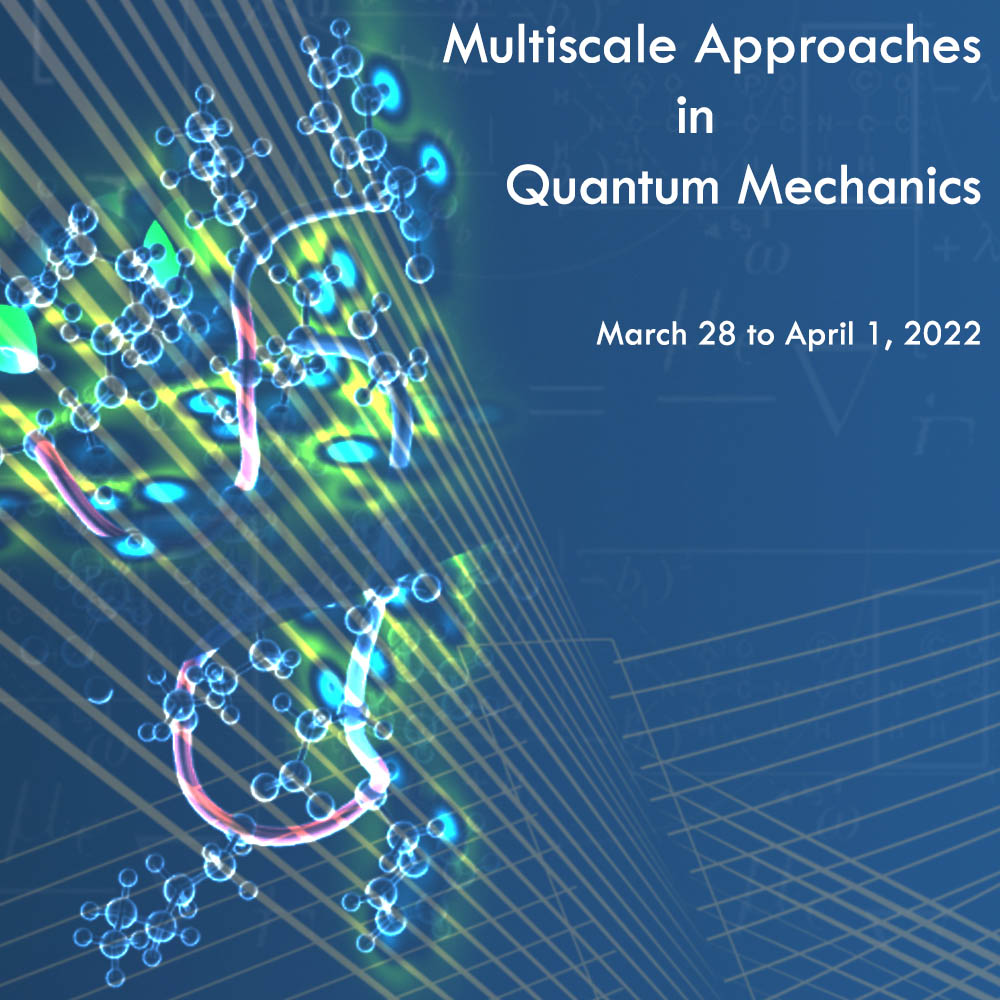Andrew Millis - Twisted Transition Metal Dicalcogenides: Tests of Quantum Embedding and Theories
Presenter
March 28, 2022
Abstract
Recorded 29 March 2022. Andrew Millis of Columbia University presents "Twisted Transition Metal Dicalcogenides: Experimental Tests of Quantum Embedding and Theories" at IPAM's Multiscale Approaches in Quantum Mechanics Workshop.
Abstract: The essential task of quantum many-body theory is to reduce the complexity of the quantum problem to the point at which the theory can be solved—but not beyond the point at which essential physics is lost. Comparison between controlled theory and controlled experiment is essential. This talk will introduce twisted transition metal dicalcogenides as an important experimental platform and quantum embedding theories (especially dynamical mean field theory) as crucial theoretical tool. The talk will present ideas and approximations involved in reducing this very complex system to a simple theoretical model—the Hubbard model, and survey the state of our knowledge of the properties of this model. It will then present specific Hubbard model calculations that appear to account for a considerable portion of the experimental observations, discuss the conceptual and practical limits of the calculations and outline open topics for future research, beginning with specific applications to the twisted transition metal discalcogenides and expanding to open issues in applications of many-body computations to broader issues in computational materials science.
This work is performed in collaboration with Jiawei Zang, Jennifer Cano and Jie Wang and is supported by the NSF MRSEC program through the Center for Precision-Assembled Quantum Materials (PAQM) - DMR-2011738. The Flatiron Institute is a division of the Simons Foundation.
Learn more online at: http://www.ipam.ucla.edu/programs/workshops/workshop-i-multiscale-approaches-in-quantum-mechanics/?tab=schedule
